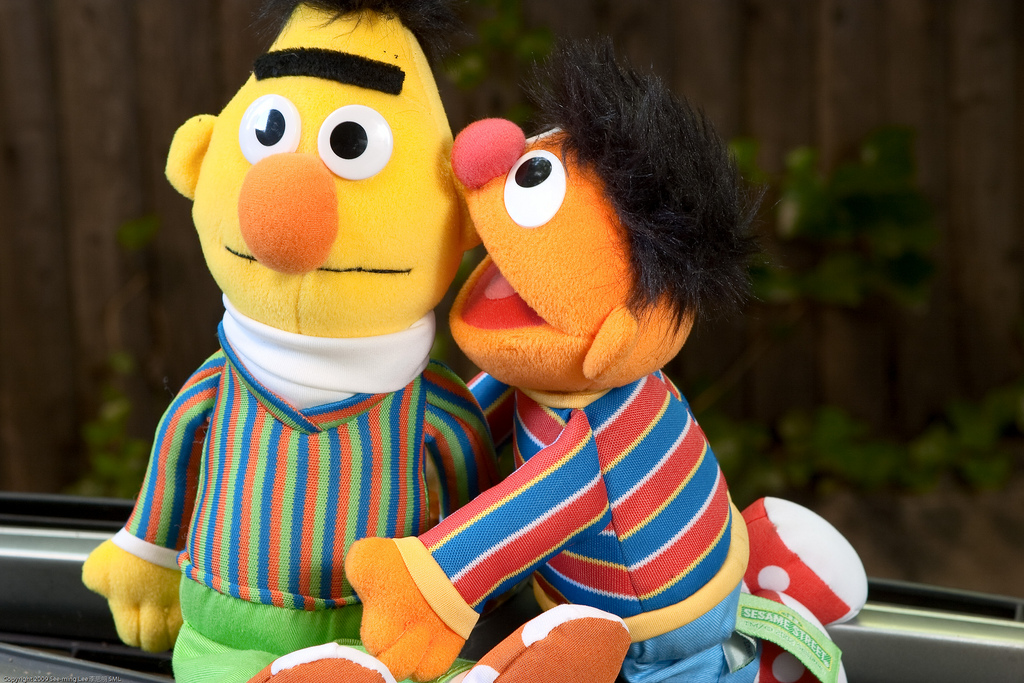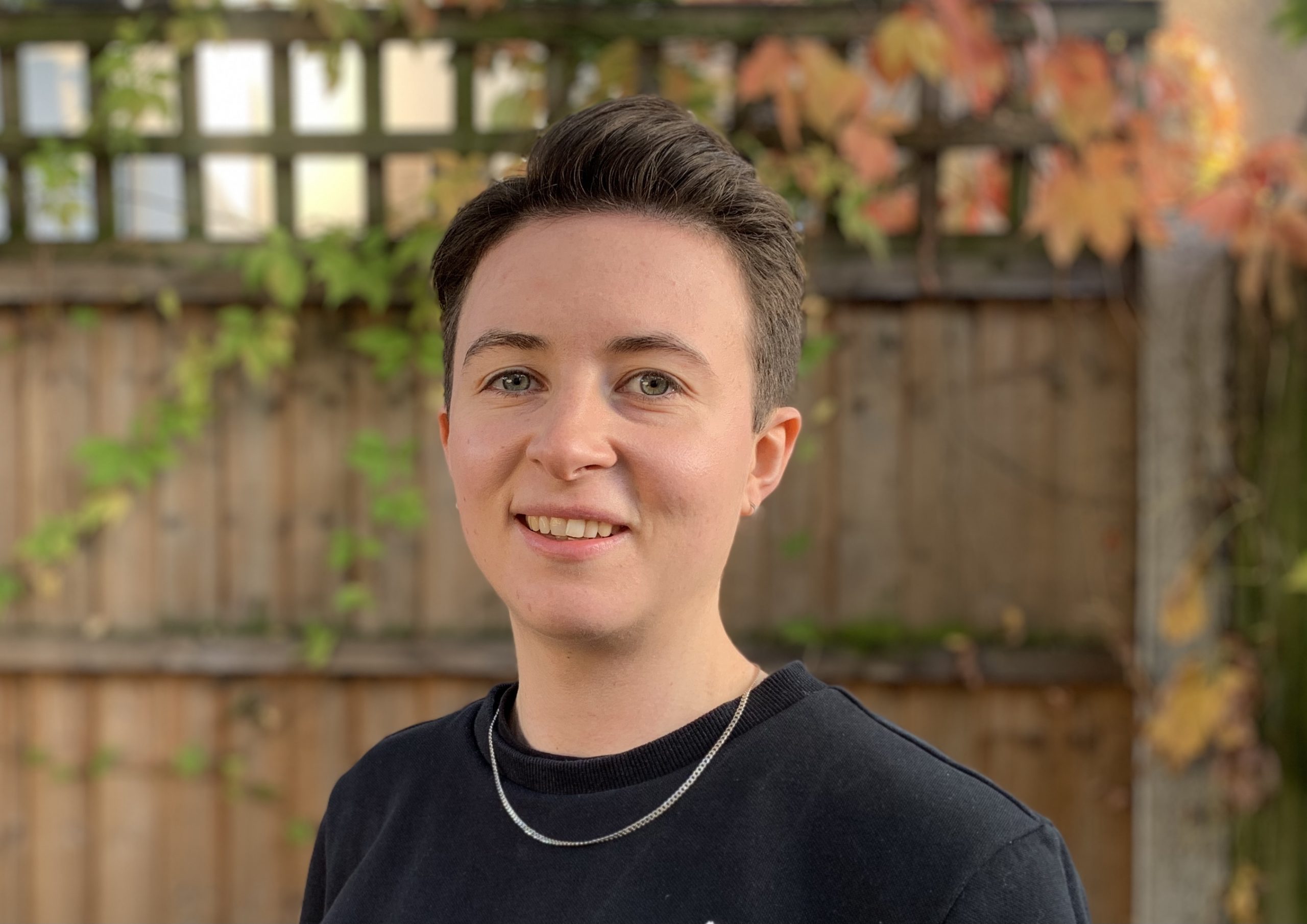This week, it was revealed that a legal battle involving a Christian bakery in Northern Ireland, which refused to make a cake bearing a message supporting same-sex marriage, is going to the Human Rights Court.
The high-profile case has divided human rights campaigners, with some saying that the bakery’s stance is discriminatory and others, including veteran LGBT rights activist Peter Tatchell, arguing that the business should not be obliged to make the cake in line with its owners’ right to free expression.
The legal row has rumbled on since May 2014 and has been the subject of rulings by multiple domestic courts. It bears a resemblance to a similar case in the United States, and in 2018 the US Supreme Court backed the owner of a Christian bakery in Colorado, who refused to make a wedding cake for a same-sex couple.
So, what is the UK’s gay cake row? Here’s all you need to know.
Bert And Ernie: How The Case Began
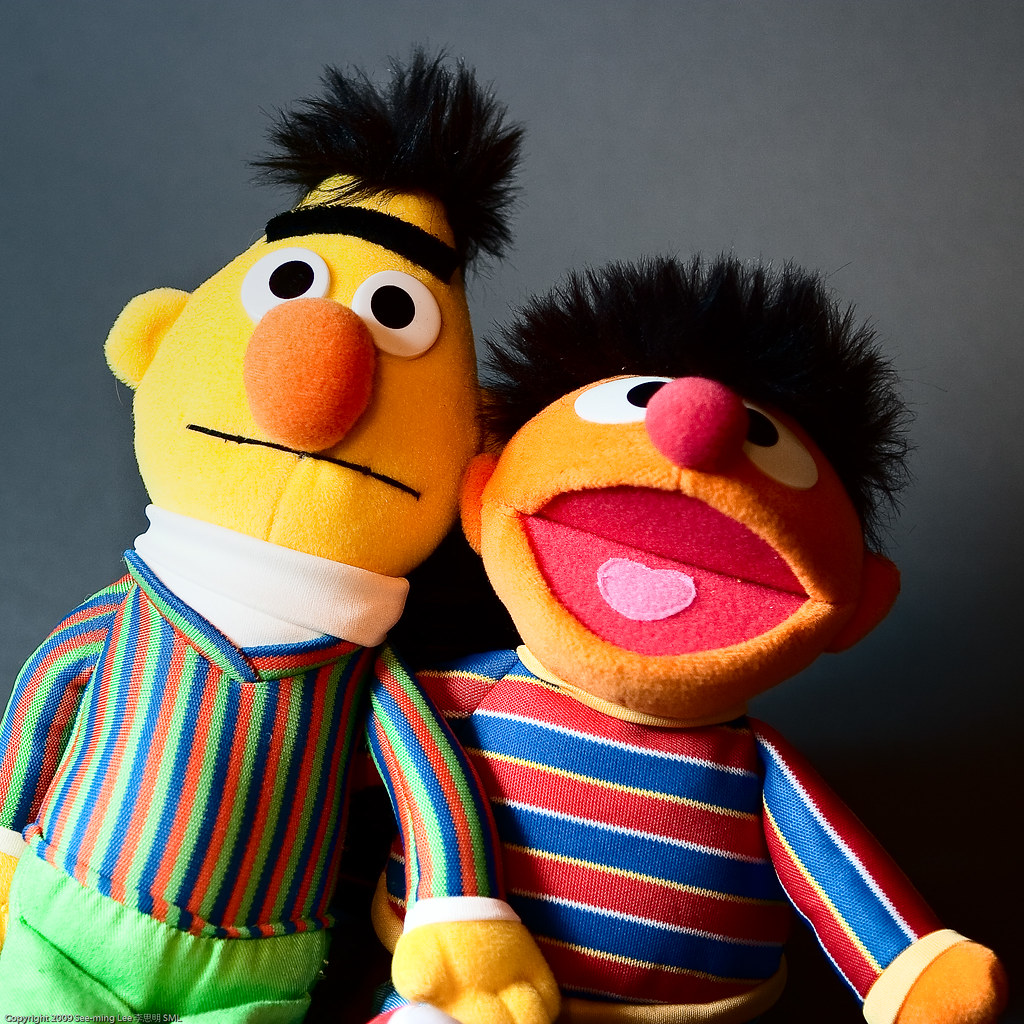
Image credit: Flickr / See-ming Lee.
Back in May 2014, Gareth Lee, an LGBT+ activist and gay man, asked Ashers Bakery in Belfast to make a cake for him featuring the the slogan “support gay marriage” alongside the characters Bert and Ernie from Sesame Street.
The bakery declined to accept the order on the grounds that it was “at odds” with the owners Daniel and Amy McArthur’s religious beliefs.
In response, Lee complained to the Equality Commission for Northern Ireland, arguing that he was being discriminated against because of his sexual orientation.
The ‘Gay Cake’ Case In The Courts
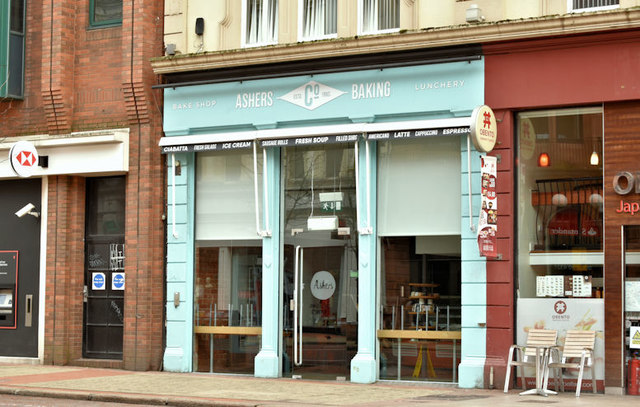
Image Credit: Geograph.ie / Creative Commons.
The commission supported Lee to take the matter to the county court in Northern Ireland, alleging discrimination on the part of the owners of the bakery.
The county court backed Lee in a 2015 judgment. He was awarded £500 in damages.
Daniel and Amy McArthur subsequently took the case to the Northern Ireland Court of Appeal, which upheld the county court’s ruling.
However, the battle didn’t stop there. The bakery owners then brought the case before the UK Supreme Court.
This time, the Supreme Court backed the bakery owners, ruling that the company’s refusal to make the cake did not discriminate against Lee.
“The bakers’ objection was to the message and not to the man,” President of the Supreme Court Lady Hale concluded in the judgment of October 2018.
Discrimination Or Free Expression?
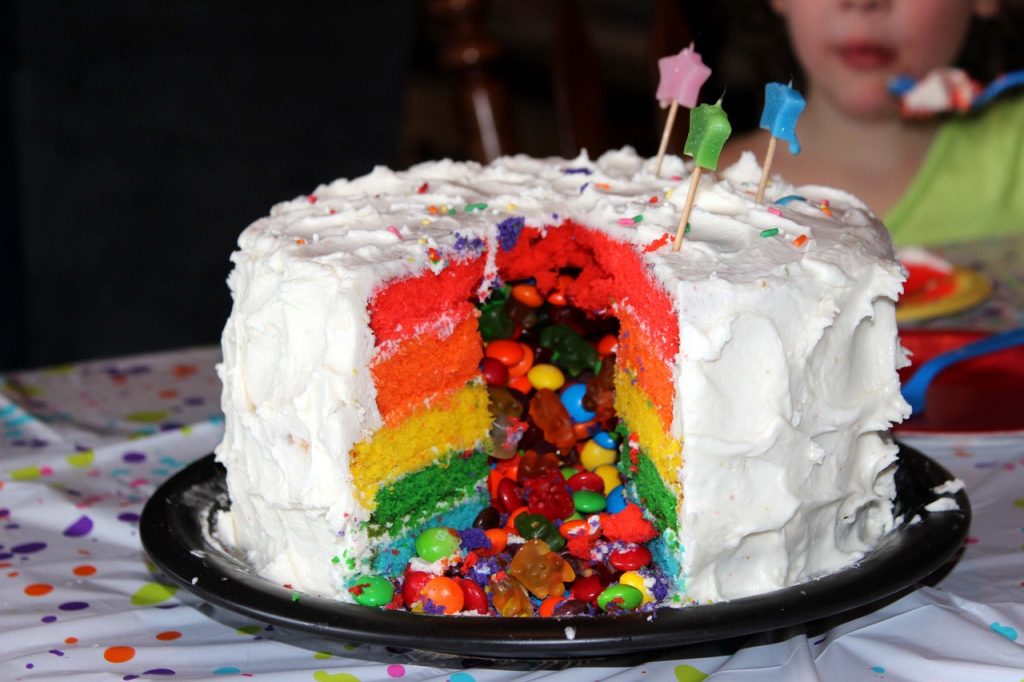
Image Credit: sarahdev / Pixabay.
Lee said that the Supreme Court’s ruling made him feel like a “second-class citizen”. He has maintained his view that the bakery’s position undermines his rights.
On Thursday (15 August 2019), Lee’s representatives at Phoenix Law announced that they are challenging the conclusion in the Supreme Court decision by referring the matter to the Human Rights Court.
“The latest hearings will attempt to challenge that ruling at the highest human rights court in Europe, citing the Supreme Court failed to give appropriate weight to Mr Lee’s rights under the European Convention of Human Rights,” reads a statement from Lee’s lawyer.
“The Supreme Court ruling blurred the line, creates legal uncertainty for all of us in Northern Ireland, and the [Human Rights Court] is the appropriate place to clarify this issue.”
I’d fight for the rights of business owners to be able to hold their own religious beliefs. I have my own beliefs.
Gareth Lee, LGBT+ activist
Lee said that he was not arguing against the owners’ right as individuals to privately maintain religious beliefs, but against the idea that a business can discriminate based on such views in deciding who to serve.
In a statement, Lee said: “I’d fight for the rights of business owners to be able to hold their own religious beliefs. I have my own beliefs.
“But that’s not what my case has ever been about. This is about limited companies being somehow able to pick and choose which customers they will serve. It’s such a dangerous precedent.”
Lee’s view contrasts with that of LGBT+ rights campaigner Peter Tatchell, who defended the 2018 Supreme Court ruling in an article for RightsInfo.
“Although I profoundly disagree with Ashers opposition to marriage equality, in a free society neither they nor anyone else should be forced to facilitate a political idea, like same-sex marriage, that they oppose,” he wrote.
“As well as meaning that Ashers cannot be legally forced to aid the promotion of same-sex marriage, it also means that gay bakers cannot be compelled by law to decorate cakes with anti-gay marriage slogans.”
No date has been set yet for a hearing at the Human Rights Court.
Want to learn more on this topic?
- Read about a similar case in the USA.
- Take a look at our explainer on marriage and civil partnerships.
- Check out our infographic poster on freedom from discrimination.

